28 Week Old Baby: Development, Milestones & Care Tips

- A 28 Week Old Baby’s Development
- Milestones
- Feeding
- Sleeping
- Care Tips for a 28 Week-Old Baby
- Products That 28 Week Old Baby Needs
- Tests and Vaccinations
- Games and Activities
- When to Consult a Doctor?
- FAQs
Your baby is now a bundle of energy that is always moving. Your 28 week old baby is also undergoing several developmental changes, both physical and cognitive. By this age, your child’s brain development has occurred in a significant manner. It would be a great idea to follow up on the developmental milestones that the child is supposed to be passing, but worry not if they have not occurred. Milestones are not rules but simply guidelines to give you a better idea of the baby’s progress. If you are excited about following your little one’s growth and development journey, let’s not wait any further and dive into this fascinating article.
A 28 Week Old Baby’s Development
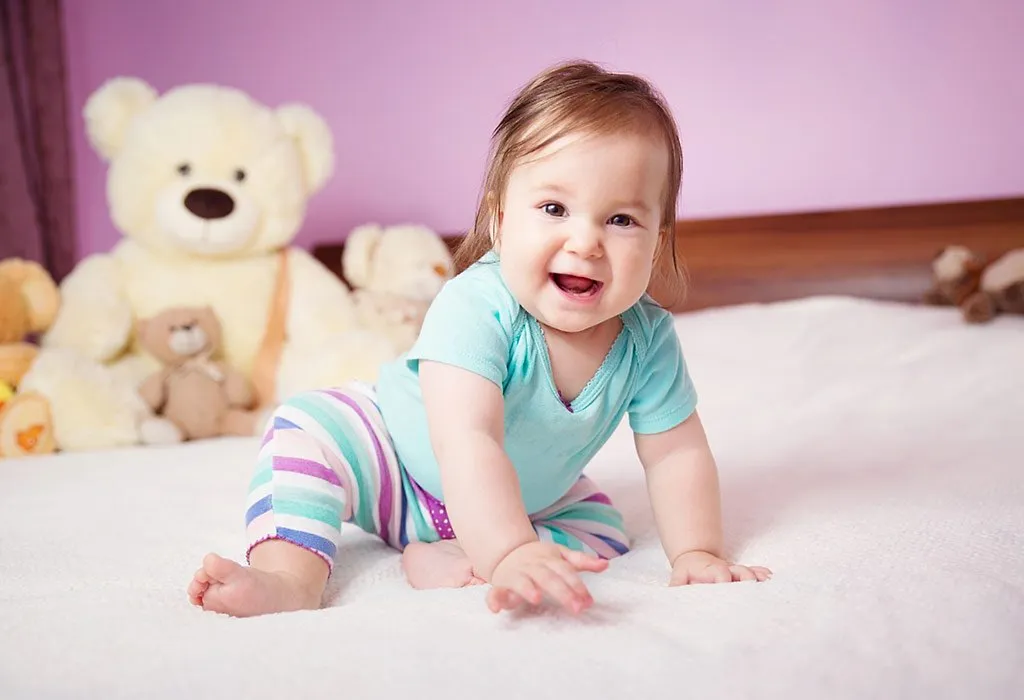
A 28-week-old baby’s weight is much more than what it was when he was born because the muscles strengthen greatly in the child. Your child will already have learnt to crawl by now, so make sure to keep any choking hazards away from the floor. Rolling around is also common, and your child might be choosing to roll around everywhere, too (1).
This chosen method of movement varies greatly in children, so it should not be focused on too much. Some babies might sit without support; some might even start crawling. Brain development is also improving well. The brain controls the practising of muscles and powers towards learning to stand up and walk.
By this time, your child will also be hungrier than ever. His appetite will increase as he needs more energy than ever in order to power his rapid movements and brain development. Learning new skills also requires a lot of energy, and there will be very few resting periods for the baby. In other words, this period involves rapid development on all fronts.
[Also Read: 7 Months Old Baby Development]
Milestones
While the child is bound to have passed a few milestones by this time, it is perfectly okay if the progress is slow. As mentioned earlier, these milestones are not rules but rather guidelines that help parents get an idea of how their growth is progressing. At 28 weeks, most babies start rolling, and some even start crawling (2). It’s a good time to be prepared for your child’s crawling sprees around the house just in case he starts doing it. A couple of baby teeth may also have sprouted in his mouth by this time (2).
[Also Read: 7 Months Old Baby Milestones]
Feeding
By this age, you will most likely have introduced solid food to your child apart from breast milk. You can introduce your little one to a variety of foods in the form of puree or mash, like banana puree, avocado mash, apple puree, etc (3). However, some babies might still not be too inclined toward solid food. It is important to remember that the regular inclusion of solid food in the diet of the child will most likely occur only by the age of one. Therefore, you must not force solid food onto the child in any manner. You can encourage him subtly by making solid food available to him when including him during family dinners. However, remember not to force him to wean onto solids immediately; this might create negative associations and result in the baby not accepting solid food at all. By twelve months of age, the child will likely have moved onto solid foods which the family consumes.
[Also Read: 7 Months Old Baby Food]
Sleeping
For the 28-week old baby, sleep will be disruptive. You will find the child waking up during odd hours of the night, and crying out for your attention. This occurs as a result of muscle practising, which is the phenomenon where the muscles of the child strengthen during the time he sleeps.
Co-sleeping is most preferred by parents at this time so that they can cater to the needs of the child in a better manner. Co-sleeping involves the child sleeping with the parents, in the same bed. You need to ensure that the guidelines for safe bed-sharing with your infant are met so that there is no difficulty for the parents as well as the baby. By this time, your baby will be able to latch and detach by himself during breastfeeding. Therefore, mothers can sleep or take a nap while they breastfeed the child, making sleeping that much easier.
[Also Read: 7 Months Old Baby Sleep]
Care Tips for a 28 Week-Old Baby
- Teething toys will be comforting to the child, as the eruption of teeth will be occurring in his mouth at this time. You can give your baby cold or chilled items occasionally so that the discomfort of teething is numbed when he bites into the item.
- Bed-sharing is easier to manage, but ensure that your child gets a safe sleeping space during the night.
- If the baby is showing difficulty in consuming even pureed or mashed food items, you must consult a paediatrician immediately.
- Do not force your child to eat solid foods, as it can create bad associations in the long run.
Products That 28 Week Old Baby Needs
Here are two things you will absolutely thank us for while you parent your 28-week-old baby:
- Nasal Aspirator: While the typical suction bulb does the job, an electric nasal aspirator can be a lifesaver during those frequent daycare colds. A nasal aspirator is easy to use and clean, helping to clear congestion efficiently. Just make sure not to overuse it so that you don’t irritate your little one’s nose.
- Activity Chair: A baby activity chair is an absolute gem for keeping your 28-week infant one engaged and learning while you get things done, like cooking dinner. Activity chairs have various features like mirrors, music, and sensory toys.
Tests and Vaccinations
During the period of four to seven months of age, the child will be given a host of vaccinations. The third shot of a number of vaccines is given at this time, including DTaP, polio vaccine, Hep B, Hib, PCV and rotavirus vaccines (4). These vaccinations ensure that the child does not contract diseases like diphtheria, polio, tetanus, hepatitis B, flu, and some other diseases. If the doctor thinks that your child is at risk of being infected by meningitis, meningococcal vaccines will also be prescribed for your child.
Games and Activities
Your baby’s leg muscles will have strengthened adequately enough to support his weight by now even though there could be some time for him to walk. If he starts bouncing on your lap, it is fine to support him with your hands under his arms so that his legs develop faster.
As grabbing and throwing is the norm now, you will best help him develop if you allow him to throw his toys as much as he likes. Also, you should avoid retrieving the thrown toys as much as possible. This means that the child has to move for it himself, thus giving him a great workout. Floor play must be given a lot of preference, as it helps the child stand up and walk that much sooner.
Your child will also be a keen listener at this age. He might also start communicating through his babbles. This sets the tone for the second year when most of the speech development takes place. He will most likely have understood the ‘speak and pause’ process of conversation, which means that he will enjoy it a lot when you speak to him. In order to stimulate his brain further, you can repeat the sounds he makes and let him respond.
[Also Read: 7 Months Old Baby Games and Activities]
When to Consult a Doctor?
After vaccinations, it is common for your child to have a fever or rashes at the site of vaccination. However, if these symptoms persist for some time, it is best to give the doctor a visit. If you notice something off with your child with your motherly instincts, it is better to take him to the doctor anyway.
FAQs
1. Should I let my 28-week-old baby sleep on the tummy if he accidentally turns in sleep?
Sleeping on the tummy increases the chances of sudden infant death syndrome (SIDS), so it is likely to freak you out if you see them snoozing on their tummy (5) (6). You can change their position back to normal. Once they develop rolling milestones, like rolling from back to tummy while sleeping, you can let them be.
2. Can I feed water to my 28-week-old baby on a hot summer day?
You should not feed water to your 28-week-old infant and continue exclusive breastfeeding at least till 1 year of age. Breastmilk is sufficient to keep newborns hydrated (7). Water, on the other hand, will intoxicate them and fill their little tummy too fast and not provide any nutrition.
3. Can I take my newborn baby out of home during daylight?
If you are taking your 28-week-old baby out in the daylight, it is important you keep them covered under shade and dress them in breathable clothes. Do not let under direct sunlight, especially not in the peak daylight hours.
Seven months might have passed in a jiffy, but in terms of development, your baby has gone through a lot. Enjoy this time with your child to the fullest.
References/Resources:
1. Infant development: Milestones from 7 to 9 months; Mayo Clinic; https://www.mayoclinic.org/healthy-lifestyle/infant-and-toddler-health/in-depth/infant-development/art-20047086
2. Your baby’s growth and development – 7 months old; Pregnancy Birth & Baby; https://www.pregnancybirthbaby.org.au/babys-growth-and-development-7-months-old
3. When, What, and How to Introduce Solid Foods; CDC; https://www.cdc.gov/nutrition/infantandtoddlernutrition/foods-and-drinks/when-to-introduce-solid-foods.html
4. Recommended Child and Adolescent Immunization Schedule for ages 18 years or younger; CDC; https://www.cdc.gov/vaccines/schedules/downloads/child/0-18yrs-child-combined-schedule.pdf; 2024
5. Frequently Asked Questions (FAQs); Safe To Sleep, NICHD; https://safetosleep.nichd.nih.gov/reduce-risk/FAQ
6. Infant Sleep Position and SIDS: Questions and Answers for Health Care Providers; NICHD; https://www.nichd.nih.gov/sites/default/files/publications/pubs/documents/SIDS_QA-508-rev.pdf
7. When can babies drink water?; Pregnancy Birth & Baby; https://www.pregnancybirthbaby.org.au/when-can-babies-drink-water
Previous Week: 27 Weeks Old Baby
Next Week: 29 Weeks Old Baby
Was This Article Helpful?
Parenting is a huge responsibility, for you as a caregiver, but also for us as a parenting content platform. We understand that and take our responsibility of creating credible content seriously. FirstCry Parenting articles are written and published only after extensive research using factually sound references to deliver quality content that is accurate, validated by experts, and completely reliable. To understand how we go about creating content that is credible, read our editorial policy here.







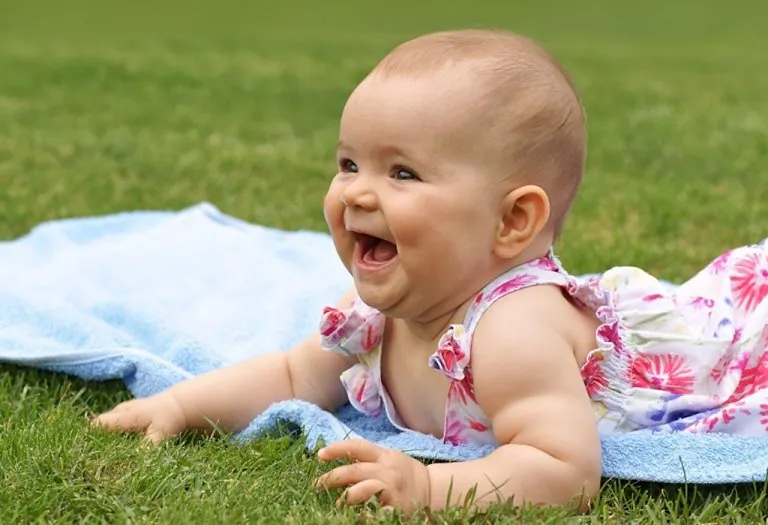
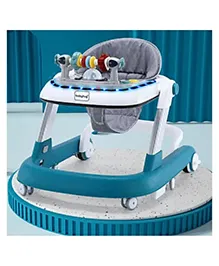
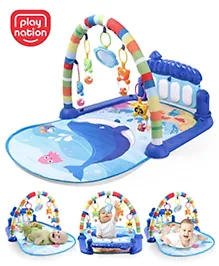
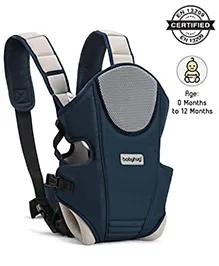
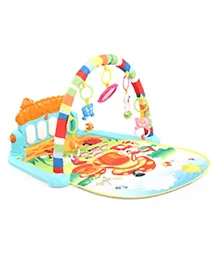
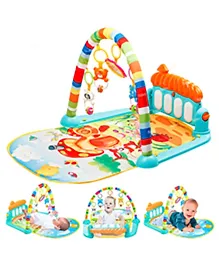
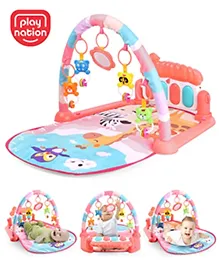
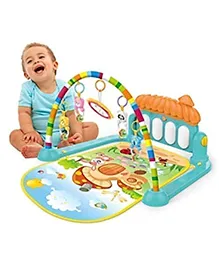
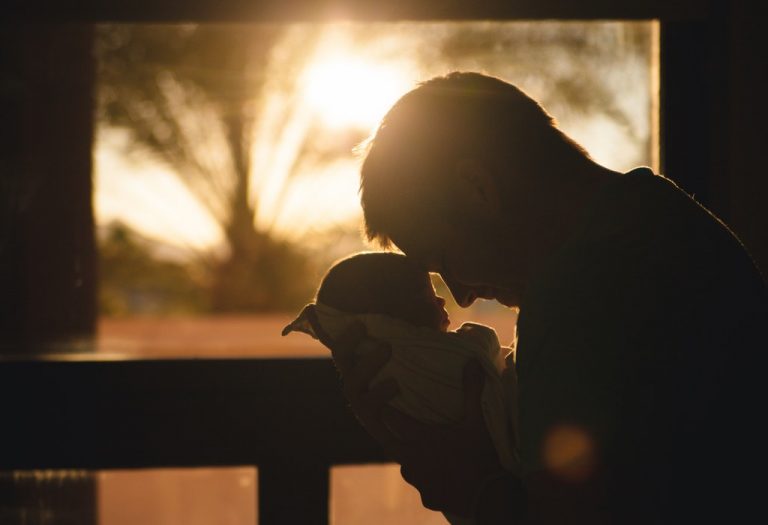
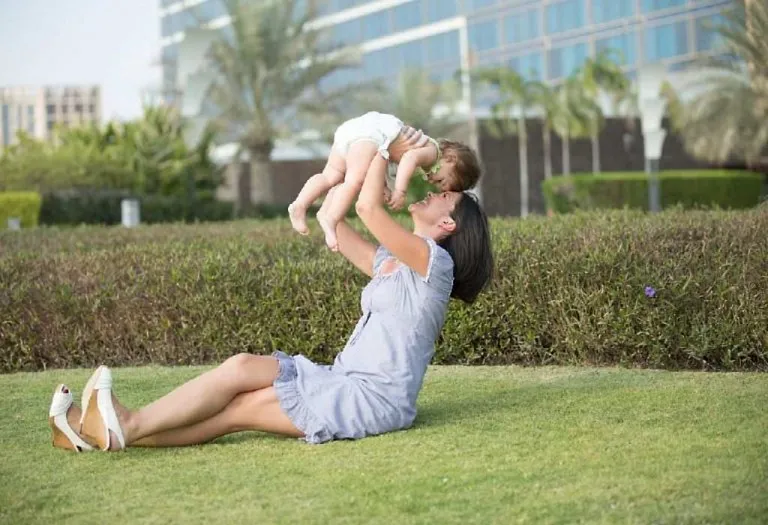
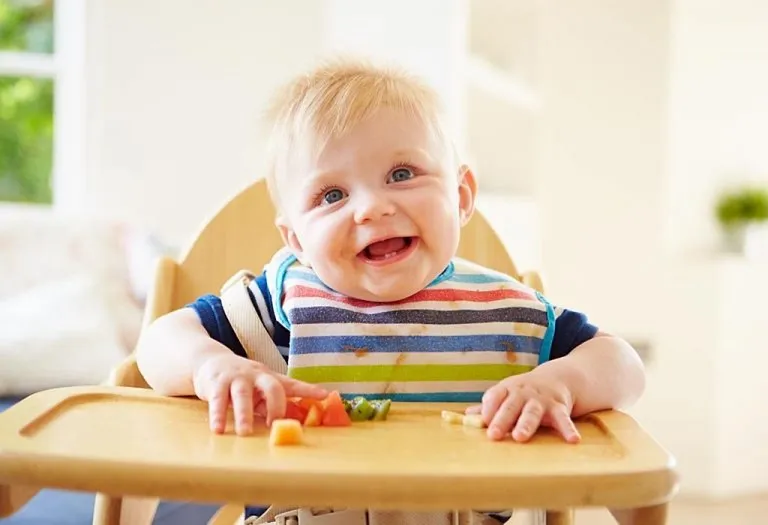
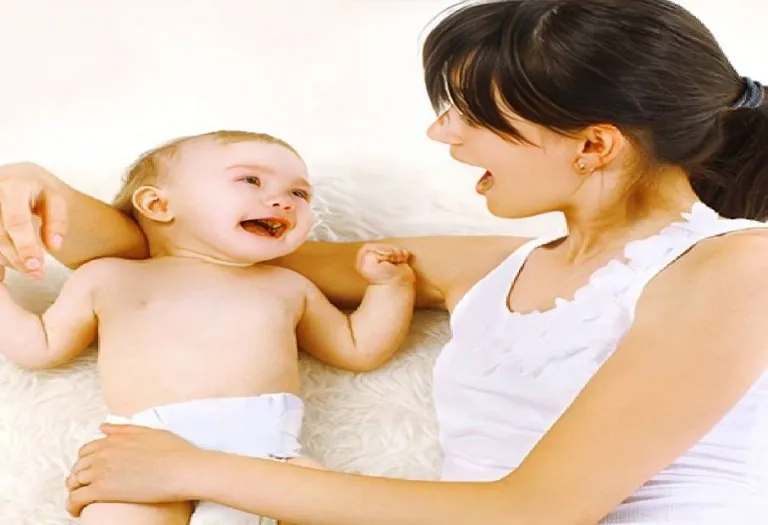
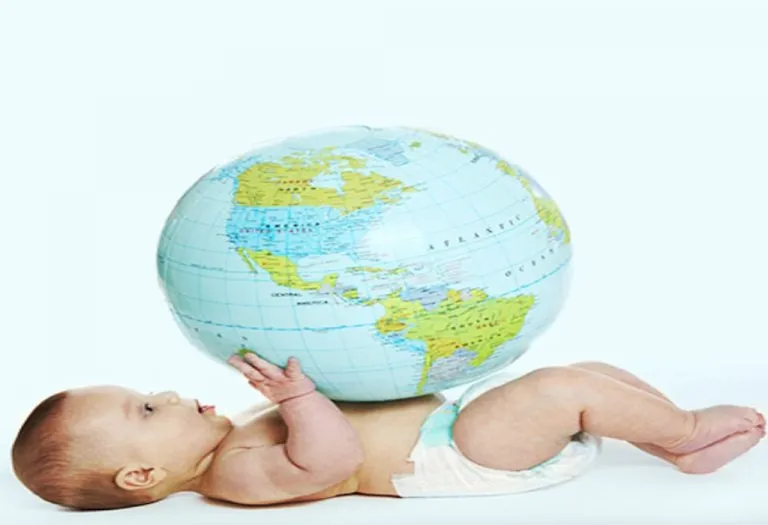


.svg)


















